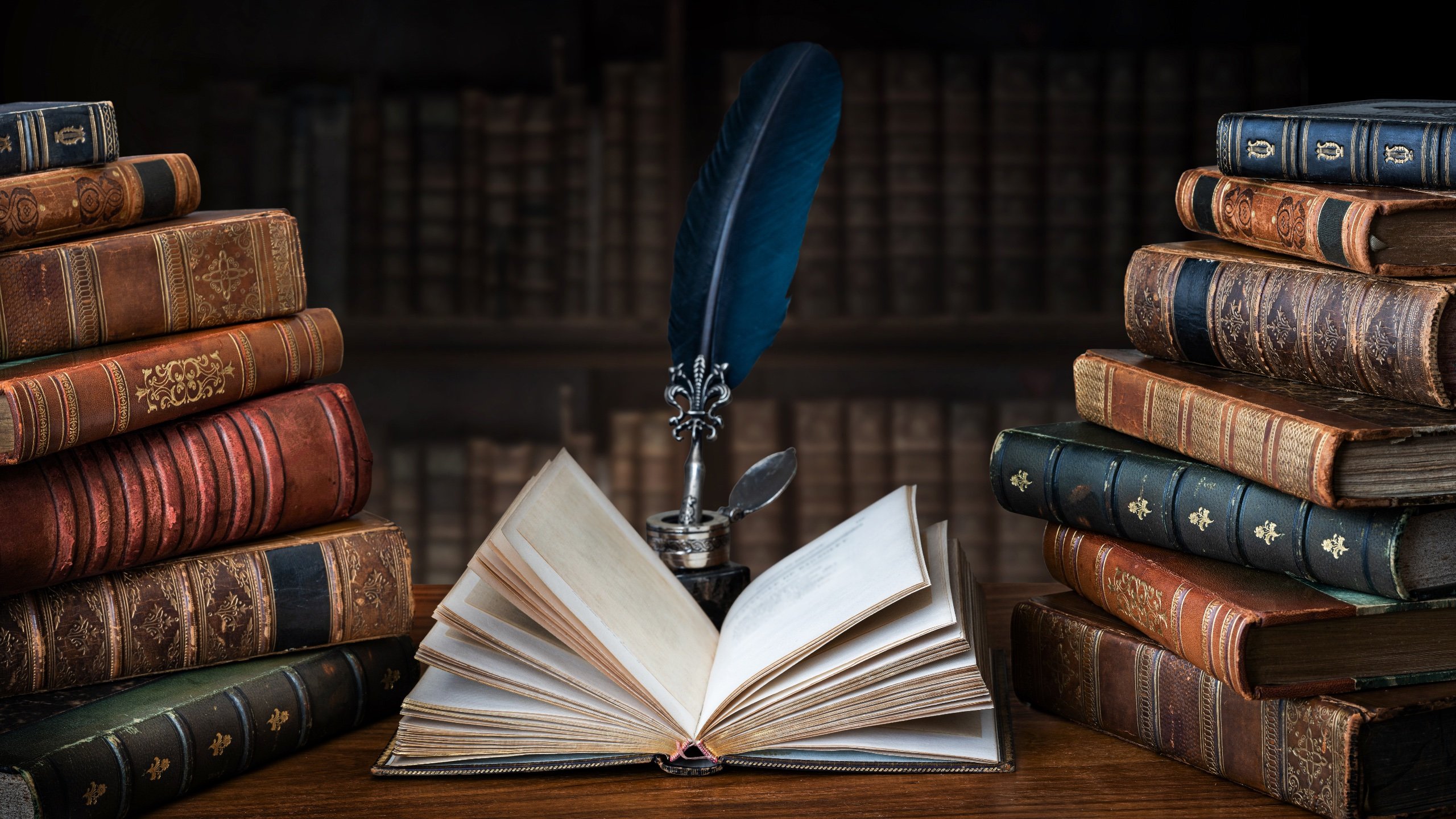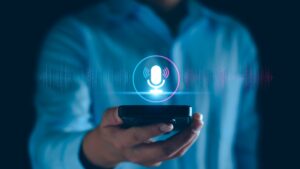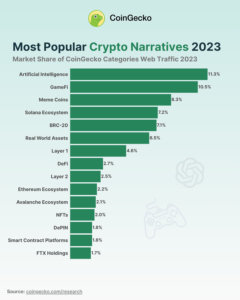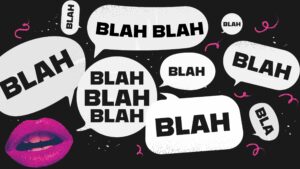
In a landmark ruling, a California court has made an important ruling in the copyright suit between OpenAI, the developers of ChatGPT, and a group of authors, including the comedian Sarah Silverman.
The court partially rejected the complaint, retaining only the copyright infringement claim and dismissing other allegations. This sentiment marks a crucial milestone in the ongoing debate on the relationship between artificial intelligence and copyright legislation.
In AI legal news, a California court has just dialled down a copyright lawsuit against OpenAI, dismissing various charges, but did not dismiss the allegation that OpenAI violated unfair competition law by using copyrighted books without the author’s permission for profit.… pic.twitter.com/a57n8QGuP9
— Rebecca Bultsma, APR (@rebeccabultsma) February 14, 2024
Also read: Artists Rally Against AI Copyright Violations in Lawsuit Surge
The core of the controversy
The litigation against OpenAI entailed a coordinated effort by authors Sarah Silverman, Christopher Golden, Richard Kadrey, and Paul Tremblay, with Mona Awad initially part of the suit before withdrawing. The plaintiffs alleged OpenAI committed multiple violations of copyright law, including direct and indirect copyright infringement, violations of the Digital Millennium Copyright Act (DMCA), unfair competition, negligence, and unjust enrichment. At the heart of their claim was the belief that OpenAI had unfairly used their copyrighted materials to train its AI.
This activity was believed to have reached its peak when they produced abstracts of their books without their consent. However, Judge Araceli Martínez-Olguín’s ruling tightened the scope of the lawsuit considerably. By dismissing claims of vicarious infringement, DMCA violations, negligence, and unjust enrichment, the court signaled skepticism towards the broader allegations of copyright misuse by OpenAI. Nevertheless, the retention of direct copyright infringement and unfair competition claims indicates that the core issue of copyright violation remains unresolved.
“Plaintiffs fail to explain what the outputs entail or allege that any particular output is substantially similar to their books. Accordingly, the court dismisses the vicarious copyright infringement claim with leave to amend.”
The court’s reasoning
Judge Martínez-Olguín expressed doubts about several of the authors’ claims. She questioned the accusation that OpenAI intentionally removed copyright management information and the assertion of proven economic injury. The judge highlighted the speculative nature of the plaintiffs’ concerns regarding future damage to intellectual property. Furthermore, she noted the absence of allegations that ChatGPT’s outputs contain direct copies of the copyrighted books, emphasizing the need for concrete evidence.
“Distinctly, Plaintiffs here have not alleged that the ChatGPT outputs contain direct copies of the copyrighted books.”
This stance requires the authors to demonstrate a substantial similarity between ChatGPT’s outputs and their copyrighted materials, a criterion yet to be satisfied. The decision allows the authors to amend their original complaint, offering an opportunity to refine their arguments by March 13th. This flexibility underscores the evolving nature of copyright law in the age of AI, where traditional legal frameworks encounter unprecedented technological capabilities.
“Because they fail to allege direct copying, they must show a substantial similarity between the outputs and the copyrighted materials.”
Implications and ongoing disputes
While OpenAI won a partial victory, the main issue of direct copyright infringement remains a big legal one. This lawsuit is part of a broader wave of copyright infringement cases OpenAI has to face, including a proposed class action suit by the Authors Guild and individual claims by such notable authors as George R.R. Martin and John Grisham. Moreover, The New York Times embarked on a separate suit against OpenAI and Microsoft as the copyright issues of the content creators became a matter of concern for the public.
This series of lawsuits raises a critical question: How will the legal system balance the innovative potential of AI with the protection of intellectual property rights? With the ascendancy of AI technology, the aftermath of such legal battles is expected to establish precedents. These decisions will determine the development of digital content generation, copyright law, and the ethical application of AI in accessing and reformatting copyrighted works.
- SEO Powered Content & PR Distribution. Get Amplified Today.
- PlatoData.Network Vertical Generative Ai. Empower Yourself. Access Here.
- PlatoAiStream. Web3 Intelligence. Knowledge Amplified. Access Here.
- PlatoESG. Carbon, CleanTech, Energy, Environment, Solar, Waste Management. Access Here.
- PlatoHealth. Biotech and Clinical Trials Intelligence. Access Here.
- Source: https://metanews.com/openai-partially-wins-in-high-profile-us-copyright-dispute-with-authors/
- :has
- :is
- :not
- :where
- 13
- 14
- 7
- 8
- a
- About
- abstracts
- accessing
- accordingly
- Act
- Action
- activity
- aftermath
- against
- age
- AI
- Allegations
- alleged
- allows
- an
- and
- any
- Application
- apr
- arguments
- artificial
- artificial intelligence
- AS
- At
- author
- authors
- Balance
- battles
- BE
- became
- before
- belief
- believed
- between
- Big
- Books
- broader
- but
- by
- california
- capabilities
- cases
- charges
- ChatGPT
- Christopher
- claim
- claims
- committed
- competition
- complaint
- Concern
- Concerns
- concrete
- consent
- contain
- content
- content creators
- Content Generation
- coordinated
- copying
- copyright
- copyright infringement
- Core
- Court
- creators
- critical
- crucial
- damage
- debate
- decision
- decisions
- demonstrate
- Determine
- developers
- Development
- DID
- digital
- Digital Content
- direct
- Dismiss
- Dispute
- doubts
- down
- Economic
- effort
- embarked
- emphasizing
- encounter
- enrichment
- establish
- ethical
- evidence
- evolving
- expected
- Explain
- expressed
- Face
- FAIL
- Flexibility
- For
- frameworks
- Furthermore
- future
- generation
- George
- Golden
- Group
- guild
- had
- Have
- Heart
- here
- Highlighted
- How
- However
- HTTPS
- important
- in
- Including
- indicates
- individual
- information
- infringement
- initially
- injury
- innovative
- intellectual
- intellectual property
- Intelligence
- intentionally
- issue
- issues
- ITS
- John
- judge
- just
- landmark
- Law
- lawsuit
- Lawsuits
- Leave
- Legal
- Legislation
- Litigation
- made
- Main
- management
- March
- Martin
- materials
- Matter
- milestone
- Millennium
- misuse
- Moreover
- multiple
- must
- Nature
- Need
- Nevertheless
- New
- New York
- New York Times
- news
- notable
- noted
- of
- offering
- on
- ONE
- ongoing
- only
- OpenAI
- Opportunity
- or
- original
- Other
- output
- outputs
- part
- particular
- Paul
- Peak
- permission
- plato
- Plato Data Intelligence
- PlatoData
- potential
- Produced
- Profit
- property
- Property Rights
- proposed
- protection
- proven
- public
- question
- Questioned
- R
- raises
- rally
- reached
- Read
- refine
- regarding
- relationship
- remains
- Removed
- requires
- retaining
- retention
- Richard
- rights
- ruling
- s
- satisfied
- scope
- sentiment
- separate
- Series
- several
- she
- show
- Sides
- similar
- Skepticism
- speculative
- stance
- substantial
- substantially
- such
- Suit
- system
- technological
- Technology
- that
- The
- The New York Times
- their
- These
- they
- this
- times
- to
- towards
- traditional
- Train
- true
- underscores
- unfair
- unprecedented
- used
- using
- various
- victory
- violated
- VIOLATION
- Violations
- was
- Wave
- What
- when
- will
- with
- withdrawing
- without
- Won
- works
- yet
- york
- zephyrnet













